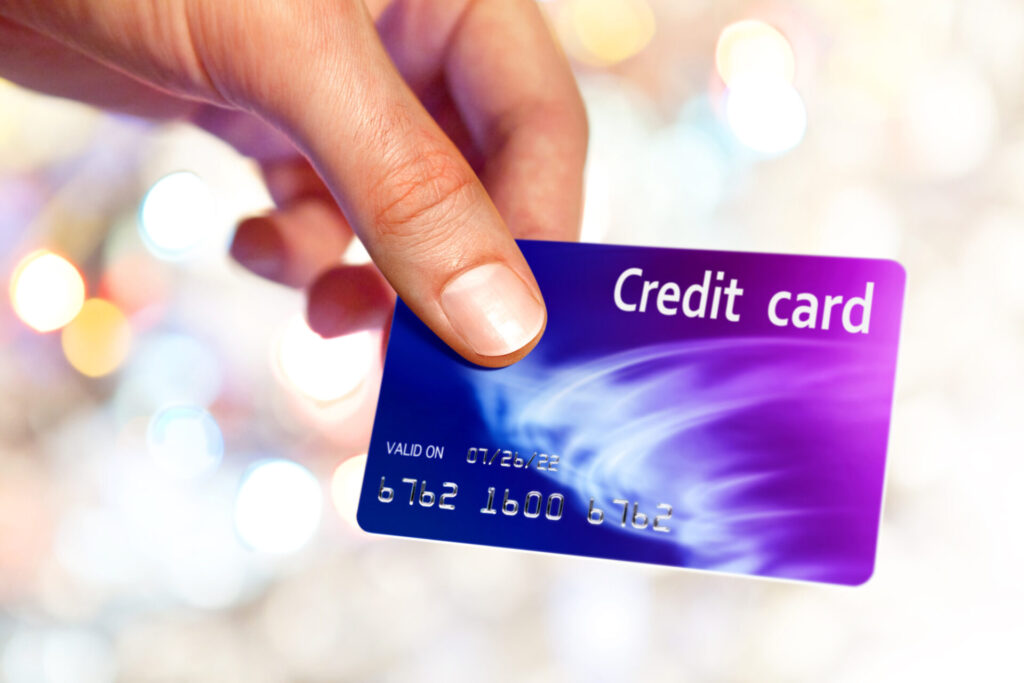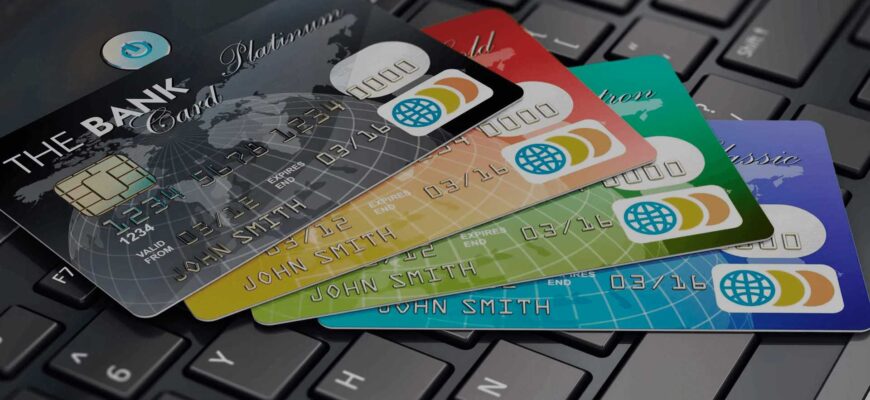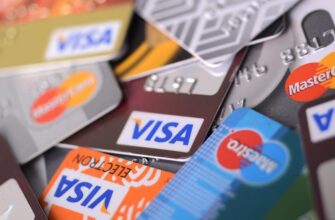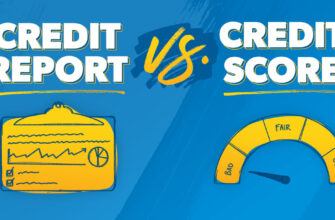The Pros and Cons of Credit Cards: Is Plastic Money Right for You?
Credit cards have become a ubiquitous financial tool in today’s world. They offer convenience, flexibility, and numerous perks. However, it’s essential to understand the pros and cons of credit cards before deciding if they are the right choice for you. This article will explore the advantages and disadvantages of credit cards, enabling you to make an informed decision about whether plastic money aligns with your financial goals.
Pros of Credit Cards:
- Convenience: One of the most significant advantages of credit cards is their convenience. They eliminate the need to carry large amounts of cash and provide a readily available line of credit for everyday expenses.
- Purchase Protection: Credit cards often offer purchase protection benefits, such as extended warranties, price protection, and fraud protection. These features can safeguard your purchases and provide peace of mind.
- Build Credit History: Using credit cards responsibly can help build a positive credit history. Consistently making on-time payments and keeping credit utilization low can boost your credit score, opening doors to better loan terms and lower interest rates in the future.
- Rewards and Perks: Credit cards frequently come with rewards programs that allow you to earn points, miles, or cashback on your purchases. These rewards can add up over time and provide additional value for your spending.
- Emergency Fund: Credit cards can serve as a financial safety net during emergencies. If you encounter an unexpected expense and don’t have immediate cash on hand, a credit card can bridge the gap temporarily.
- Online Shopping and Travel: Credit cards are particularly beneficial for online shopping and travel. They offer security against fraudulent transactions, and some cards provide travel insurance, rental car coverage, and other travel-related perks.

Cons of Credit Cards:
- Temptation to Overspend: One of the major drawbacks of credit cards is the potential to overspend. The availability of credit can lead to impulsive purchases and the accumulation of debt if not managed responsibly.
- High-Interest Rates: Credit cards often come with high-interest rates, especially for those with lower credit scores. If you carry a balance from month to month, the interest charges can quickly add up and become a significant financial burden.
- Debt Accumulation: Misusing credit cards can result in the accumulation of debt. Paying only the minimum amount due each month can lead to a long-term debt cycle, making it challenging to achieve financial goals.
- Fees and Penalties: Credit cards may have various fees and penalties, including annual fees, late payment fees, balance transfer fees, and cash advance fees. These additional charges can eat into any potential rewards or benefits gained from using the card.
- Impact on Credit Score:
While responsible credit card use can improve your credit score, mishandling credit cards can have the opposite effect. Late payments, high credit utilization, and maxing out your credit limit can all negatively impact your creditworthiness. - Security Risks: Using credit cards online or in unfamiliar places carries inherent security risks. Data breaches and fraudulent activities can compromise your card information, potentially leading to identity theft or financial losses.

Credit cards offer numerous advantages, including convenience, rewards, and the ability to build credit. However, it’s crucial to consider the potential pitfalls, such as high-interest rates, the temptation to overspend, and the risk of debt accumulation. Before obtaining a credit card, evaluate your financial habits, goals, and responsibilities. If you can use credit cards responsibly, pay off balances in full each month, and avoid unnecessary fees, they can be a valuable financial tool. However, if you struggle with self-control or have a history of overspending, it may be best to explore alternative payment methods. Ultimately, the decision of whether credit cards are right for you depends on your individual financial situation and discipline.








